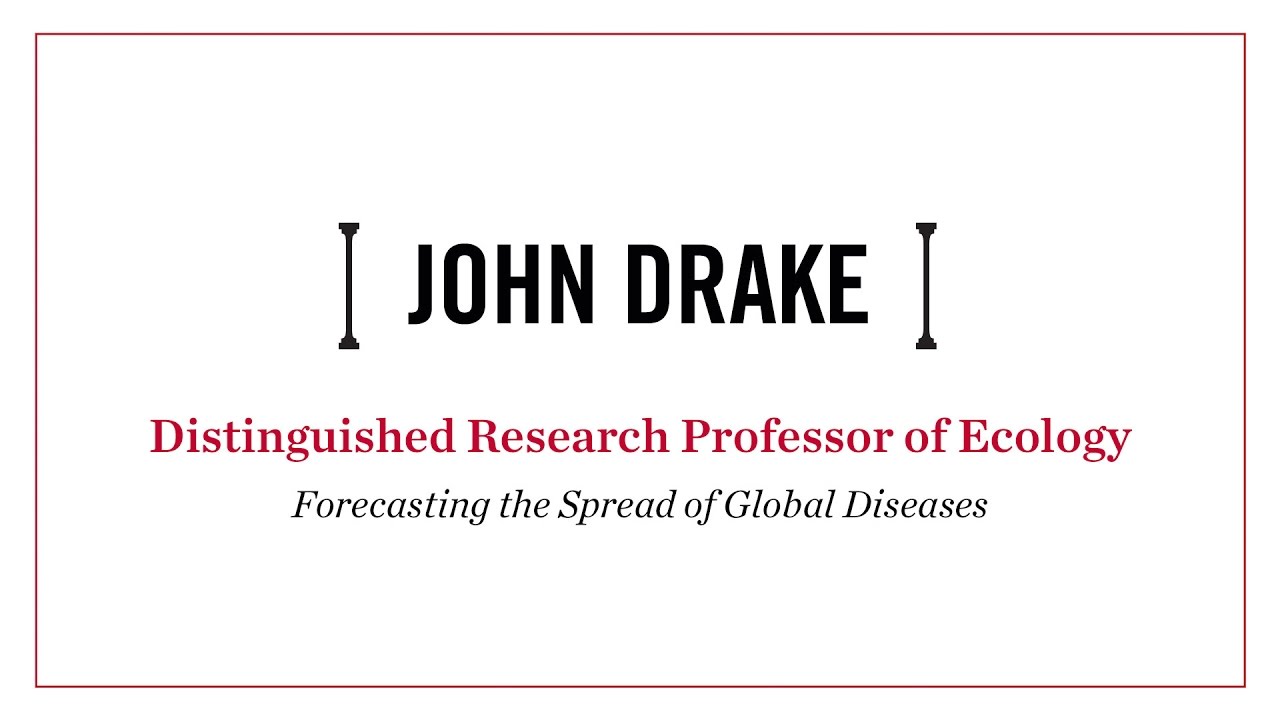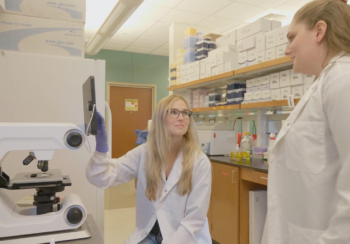
Why do you use interdisciplinary methods to explore your research topics?
Studying human-environment topics invites an interdisciplinary approach. That is in part an artifact of how we have constructed academic disciplines, which are set up to reinforce a division between humans and the rest of nature, rather than considering humans within our webs of ecological relations. As a result, scholars in the environmental social sciences can be found across numerous disciplines, but we participate in an inherently multidisciplinary intellectual community. The Center for Integrative Conservation Research here at UGA is a great example of a community of researchers coming together across the natural and social sciences to conduct interdisciplinary research and teaching on human-environment issues.
At the same time, I would argue that any phenomenon in the world can be studied through multiple disciplinary lenses and using multiple methods. A single discipline or method offers just one point of view. There are limits to how many methods or disciplines we can engage simultaneously, but multiple viewpoints will always give you a different, and probably an enhanced, look at a particular topic.
What are ENGOs and why are they important?
ENGOs are environmental non-governmental organizations. These are nonprofit groups devoted to environmental issues like climate change mitigation, biodiversity preservation or pollution control. The largest ENGOs are household names such as Greenpeace or the World Wildlife Fund, but there are many groups working on environmental issues from the local to international level that look very different from those high-profile groups.
ENGOs play a crucial role in global environmental governance processes, such as the United Nations Framework Convention on Climate Change, the U.N. Convention on Biological Diversity, and the U.N. Convention to Combat Desertification. Just at the UNFCCC, there are more than 700 ENGOs admitted as observers to international climate negotiations. These ENGOs help to define environmental problems and develop policy responses worldwide, but it’s very difficult to get a comprehensive picture of the global ENGO sector.
Your paper published this week in PLOS ONE revealed that ENGOs are more diverse than conventionally recognized. How does this shape our understanding of their role?
A lot of previous research has come to the study of ENGOs with a preconceived notion of what organizations should be included in that category. As a result, we’ve been caught in something of a loop where researchers would use conventional understandings of ENGOs to define ENGOs, and we only really learned about a small set of mainstream organizations. The paper in PLOS ONE, which is a collaboration with Stefan Partelow in Germany and Klara Winkler in Canada, took a different approach. We looked at the NGOs participating in major global environmental governance processes and analyzed these groups as ENGOs, whether or not a specific group is conventionally considered an “environmental” organization. This approach allowed us to analyze a much broader network of NGOs that participate in global environmental governance.
The PLOS ONE paper does much the same thing when it comes to talking about environmental discourses, which are the different ways that individuals and organizations talk about environmental issues. Previous studies have usually defined discourses either deductively or with vaguely specified inductive methods. We analyzed the mission statements of the ENGOs in our dataset to identify four major environmental discourses based on actually existing text. So once again, rather than defining discourses a priori, we derived discourses from the real-world ways organizations talk about the environment.
Findings from previous studies are still valuable, and our paper found that a number of conventional understandings about ENGOs are substantially correct. For example, there are large North-South disparities between ENGOs in terms of human and financial resources. Our inductive approach also produces novel insights, however, related to the diversity of ENGOs participating in global environmental governance processes and the environmental discourses they deploy. Our hope is this paper will lay the groundwork for future studies to continue to develop a more complete picture of the ENGO sector and environmental discourse. ENGOs are powerful actors in environmental politics, and environmental discourse is central to how we understand and address environmental problems, so in this time of ecological crisis, this research program is especially critical.






